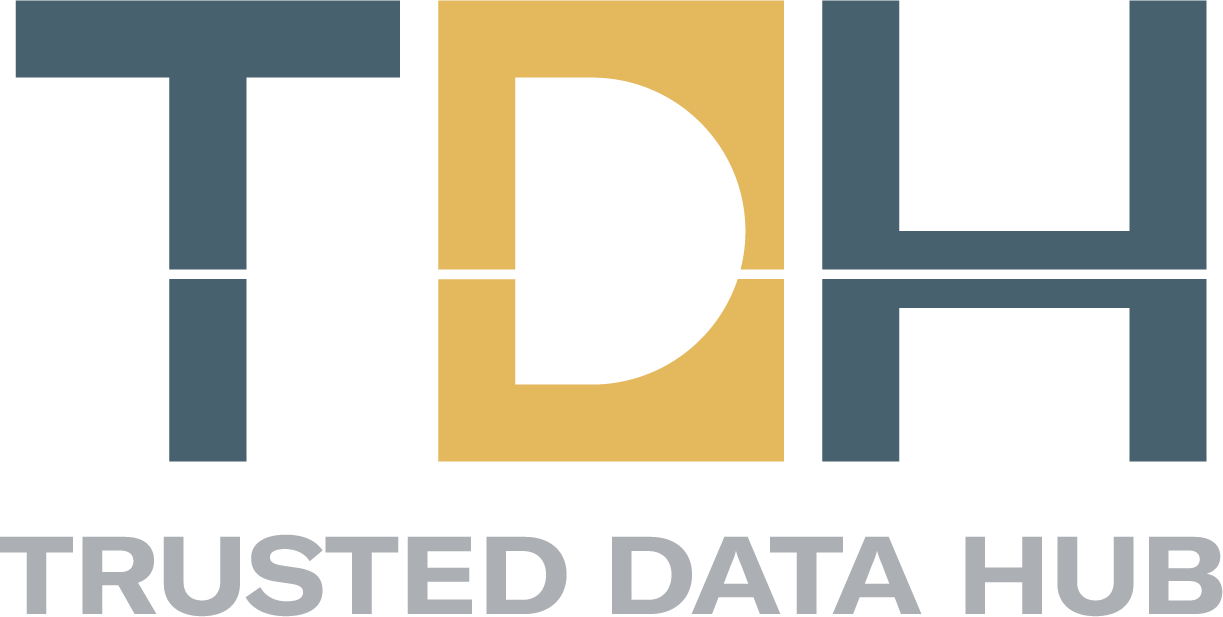In the contemporary enterprise environment, data governance encompasses the strategic and operational frameworks that ensure data is accurate, secure, accessible, trusted and aligned with both regulatory requirements and organizational objectives. As data becomes increasingly central to business value creation, fueling advanced analytics, AI initiatives, and customer personalization, the importance of robust governance has intensified. This is further compounded by the accelerating volume and variety of data, heightened regulatory scrutiny, and growing concerns around ethical data use. In this article, we examine the key trends poised to redefine data governance in the coming years, highlighting the implications for executive leadership and outlining how organizations can position themselves to harness data responsibly and effectively in an evolving digital economy.
The paradigm of data governance is shifting from a primarily compliance-oriented function to a value-driven enabler of strategic growth. While regulatory adherence remains foundational, contemporary governance increasingly focuses on unlocking the economic and operational value of data as a core organizational asset (Otto, 2021; Weber et al., 2022). This evolution reflects a broader movement toward treating data not merely as a liability to be controlled but as a strategic resource to be leveraged, balancing risk mitigation with innovation and competitiveness (Khatri & Brown, 2023). As digital transformation accelerates across industries, data governance is becoming deeply embedded in enterprise architecture, aligning with initiatives such as AI deployment, cloud migration, and customer-centric service design (Redman, 2022; Tallon et al., 2023). This integration requires a shift in leadership mindset, one that frames governance as a strategic investment in digital agility, rather than as an overhead cost linked solely to compliance.
Artificial intelligence is playing an increasingly prominent role in advancing data governance capabilities, particularly in areas that require scalability, speed, and pattern recognition. Recent studies have demonstrated how AI and machine learning models can be leveraged for automated metadata tagging, enhancing data discoverability and reducing manual curation efforts (Zhou et al., 2023). Similarly, AI-driven tools are being employed to generate automatic data lineage, enabling organizations to trace data flows across complex architectures, which is vital for compliance and impact analysis (Nistor et al., 2022). In the domains of anomaly detection, data classification, and access control enforcement, AI can identify irregularities in real time, classify sensitive data based on context, and dynamically adapt permissions based on usage patterns and role behaviors (Ghasemaghaei & Calic, 2023; Lin et al., 2023). While these capabilities significantly enhance the efficiency and responsiveness of data governance, they also raise important questions about trust and accountability. Despite notable advances, AI systems are not infallible; they can inherit biases from training data or make opaque decisions. As a result, scholars emphasize the importance of maintaining human oversight in AI-driven governance, particularly for high-stakes decisions involving privacy, ethics, and regulatory compliance (Rahwan et al., 2022). An intriguing finding from recent work suggests that while AI can accurately flag governance issues up to 92% of the time, final validation by human experts remains crucial to ensure contextual appropriateness and prevent over-automation (Sundararajan & Mishra, 2023).
One of the most notable structural shifts in data governance is the move from centralized data management toward domain based ownership, a model where individual business domains take responsibility for the quality, accessibility, and stewardship of their own data assets. This approach is central to the emerging concept of federated governance, where data product owners play a pivotal role in aligning data quality and usability with specific business outcomes (Dehghani, 2022; Otto & Tenhunen, 2023). My own doctoral research has highlighted that while this trend is gaining traction in practice particularly within organizations adopting data mesh architectures it remains underexplored in the academic literature, indicating a gap between theory and the rapidly evolving realities of enterprise data governance. This suggests a critical need for further investigation into how domain based ownership models can be effectively operationalized and sustained across complex organizations.
Beyond structural shifts and automation, several evolving trends are redefining the landscape of data governance. Privacy enhancing technologies (PETs) such as differential privacy, homomorphic encryption, and synthetic data are emerging as critical tools for balancing innovation with compliance, particularly in light of stricter global privacy regulations (Chamikara et al., 2023). At the same time, organizations are investing in real-time and continuous governance frameworks to manage streaming data, enforce policies dynamically, and intervene when data quality issues arise (Zhang et al., 2022). The proliferation of cloud and multi-cloud architectures introduces new governance challenges, particularly around data sovereignty, portability, and consistency across distributed environments (Bojanova & Hurlburt, 2023). To address these complexities, there is a growing emphasis on data literacy and governance culture, ensuring that governance principles are not only technically sound but also well understood and practiced by business users supported through training, enablement, and organizational change management (Weber & Otto, 2022). Furthermore, the regulatory and ethical dimensions of data governance are expanding rapidly, with frameworks like the GDPR, CCPA, and the EU AI Act driving renewed focus on ethical data usage, transparency, and accountability in algorithmic decision-making (Floridi et al., 2023). Underpinning these shifts are key enablers of future-ready governance, including enterprise data catalogs, AI-enabled governance platforms, and the strategic leadership of Chief Data Officers and data stewards—all of which must align governance efforts with broader business objectives to deliver sustained value.
In summary, the future of data governance is being shaped by a range of dynamic trends from AI-driven automation and domain-based ownership to privacy-enhancing technologies and evolving regulatory expectations. These developments signal a clear shift from static, compliance-centered models to more adaptive, value-oriented approaches. To remain competitive and resilient in an increasingly data-rich and complex environment, organizations must embrace governance as a strategic capability one that is proactive, flexible, and deeply integrated with both technology and culture. Preparing for the future will require not only the right tools and frameworks but also strong leadership, cross-functional collaboration, and a commitment to continuous learning and ethical responsibility.
References
- Bojanova, I., & Hurlburt, G. F. (2023). Governance in multi-cloud ecosystems: Emerging practices and challenges. IEEE Cloud Computing.
- Chamikara, M. A. P., Bertino, E., & Liu, D. (2023). Privacy-preserving data analytics: Emerging technologies and future directions. ACM Computing Surveys.
- Dehghani, Z. (2022). Data Mesh: Delivering Data-Driven Value at Scale. O’Reilly Media.
- Floridi, L., Cowls, J., & Taddeo, M. (2023). Ethics and governance of artificial intelligence: A regulatory roadmap. AI & Society.
- Ghasemaghaei, M., & Calic, G. (2023). AI and real-time data governance: Balancing automation and control. Information & Management.
- Nistor, L., Abadi, D. J., & Karger, D. (2022). Automating data lineage for hybrid data systems. ACM Transactions on Database Systems.
- Khatri, V., & Brown, C. V. (2023). Reconceptualizing data governance in the digital era. MIS Quarterly Executive.
- Lin, X., Yu, Y., & Chen, J. (2023). Adaptive access control using machine learning: A governance perspective. IEEE Transactions on Information Forensics and Security.
- Otto, B. (2021). Data governance and value creation: A strategic perspective. Journal of Enterprise Information Management.
- Redman, T. C. (2022). Data governance for digital transformation: Principles and practice. Harvard Business Review Digital Articles.
- Tallon, P. P., Ramirez, R. V., & Short, J. E. (2023). Data and digital transformation: The evolving role of governance. Journal of Information Technology.
- Wang, Y., & Zhang, R. (2023). Decentralizing Data Governance: A Review and Research Agenda. Information Systems Frontiers.
- Weber, K., Otto, B., & Österle, H. (2022). A value-driven approach to data governance: Balancing compliance and innovation. Information Systems Journal.
- Zhang, Y., Lu, T., & Li, J. (2022). Real-time data governance in dynamic analytics environments. Information Systems Journal.
- Zhou, Y., Wang, J., & Huang, Q. (2023). AI-driven metadata management for enterprise data lakes. Data & Knowledge Engineering.


Leave a Reply